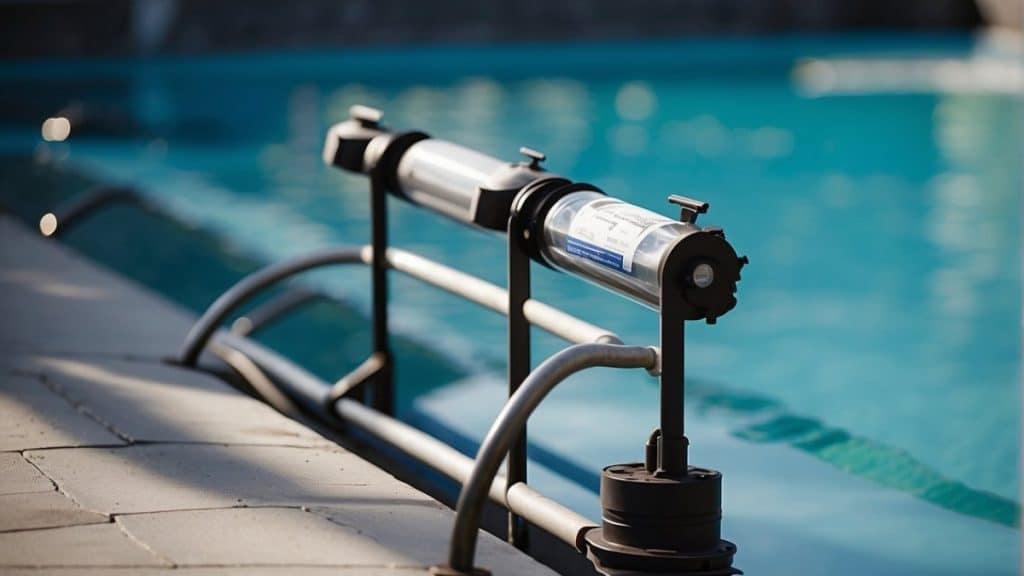Installing an energy-efficient pool system can significantly reduce both operational costs and environmental impact. As pool technology advances, more homeowners are opting for systems that not only deliver better performance but also consume less energy. Below are key factors to consider when installing an energy-efficient pool system.
1. Choosing the Right Pool Pump
One of the most significant contributors to pool energy consumption is the pool pump. Traditional single-speed pumps can be energy-intensive, running at full capacity regardless of the pool’s needs. Opting for a variable-speed pump can dramatically lower energy usage. These pumps allow you to adjust the speed based on the filtration requirements, offering energy savings without sacrificing performance. When selecting a pump, it’s essential to consider the size of your pool and its specific needs, as choosing the right horsepower is crucial for energy efficiency.
2. Efficient Pool Heating Systems
Heating a pool can be a substantial ongoing expense, especially during colder months. Traditional gas heaters are known to consume large amounts of energy, but energy-efficient options like solar pool heaters or heat pumps can reduce these costs significantly. Solar heaters harness the sun’s natural energy, making them highly sustainable, while heat pumps are more efficient than gas heaters because they transfer heat from the air to the pool rather than generating heat. If you’re considering solar heating, you can search for solar pool heater installers near me to find experienced professionals who can assist with the installation. When installing a heating system, it’s important to consider factors such as the local climate and the pool’s usage patterns to determine the most efficient option.
3. Proper Pool Insulation
Proper insulation can play a vital role in maintaining energy efficiency. Pools lose heat through their surfaces, particularly if they are uninsulated. Insulating your pool walls, floor, and cover can help retain heat and reduce the need for additional heating. In colder climates, an insulated pool will be more energy-efficient, as it will require less energy to maintain a comfortable water temperature. Additionally, investing in a high-quality pool cover can prevent heat loss during the night or when the pool is not in use.
4. Upgrading Pool Lighting
Traditional pool lighting can consume large amounts of electricity. Replacing outdated incandescent lights with energy-efficient LED lights can reduce energy usage while still providing ample illumination. LEDs are not only more energy-efficient but also have a longer lifespan, which reduces the need for frequent replacements. Incorporating solar-powered lighting can also contribute to a greener pool environment. Additionally, consider using timers or smart controls to ensure the lights are only on when necessary.
5. Smart Pool Controls
Integrating smart technology into your pool system is another effective way to enhance energy efficiency. Smart pool controllers allow you to manage your pool’s pump, heating system, lighting, and more from a smartphone or tablet. These systems can be programmed to run during off-peak hours when energy costs are lower or adjust settings based on weather conditions. This level of control can help optimize energy use and reduce unnecessary consumption, resulting in significant long-term savings.
6. Regular Maintenance and Cleaning
Keeping your pool system well-maintained is essential for ensuring it operates efficiently. Regular maintenance tasks such as cleaning filters, checking for leaks, and monitoring equipment performance can prevent unnecessary energy usage. A clogged filter or a malfunctioning pump can lead to the system working harder than necessary, which increases energy consumption. Scheduling routine inspections will help identify potential issues before they become costly problems.
Conclusion
Installing an energy-efficient pool system not only helps to reduce operating costs but also contributes to environmental sustainability. By selecting the right equipment and maintaining your system properly, you can create a more eco-friendly and cost-effective pool. Implementing smart controls and investing in insulation can further optimize energy use, ensuring that your pool remains a relaxing and enjoyable space without breaking the bank on energy bills.
